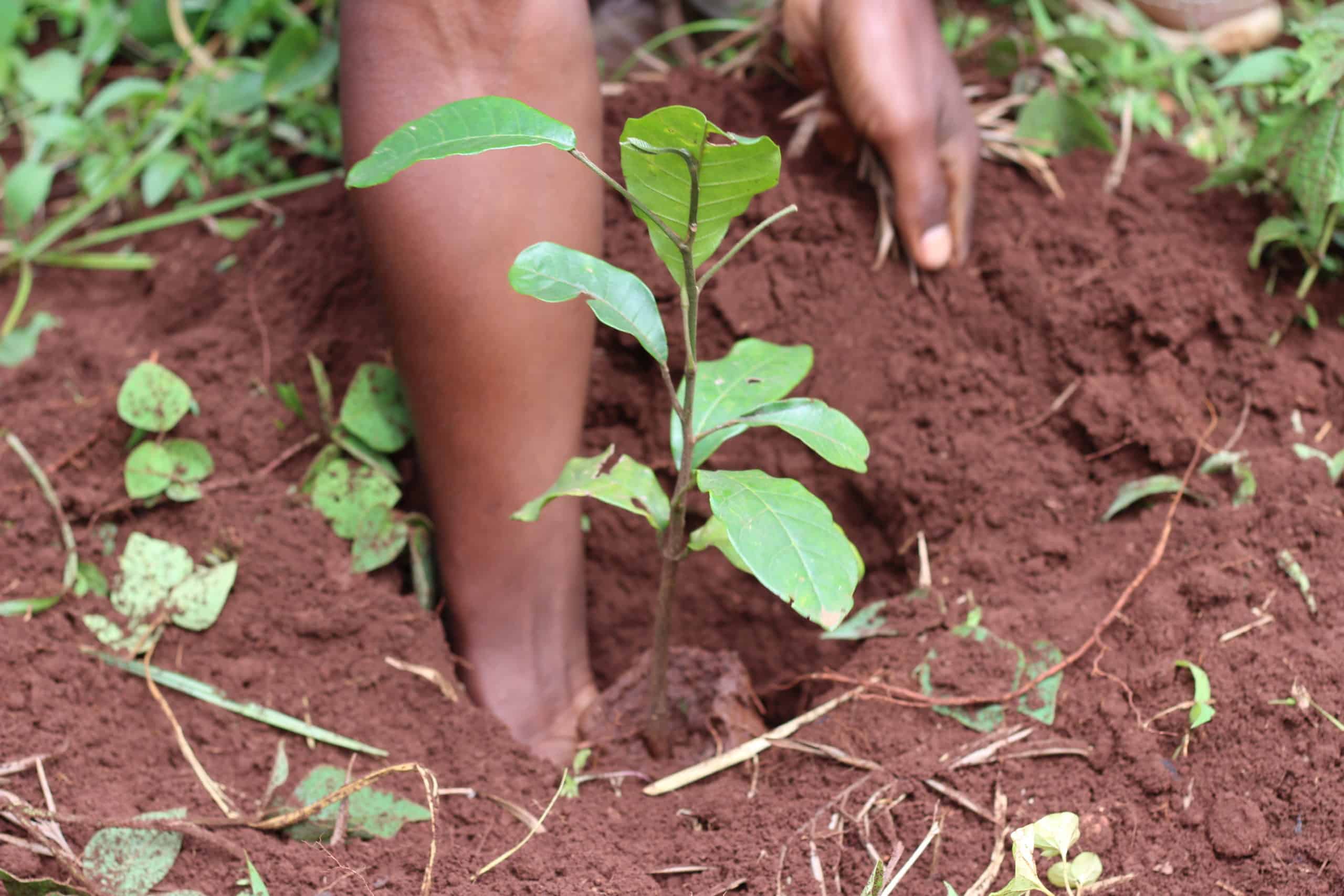1. Trees provide food
Papaya, mangoes, oranges, limes, lemons, peaches, coconuts, cashews, apples and more come from trees. Beyond these nutritious and delicious fruits, some of our favorite spices also come from various parts of trees including cinnamon, allspice, nutmeg, and cloves. Trees are also the source of almonds, walnuts, pecans, and cashews, too! Finally, but certainly important, trees bring us chocolate (cocoa) and maple syrup.
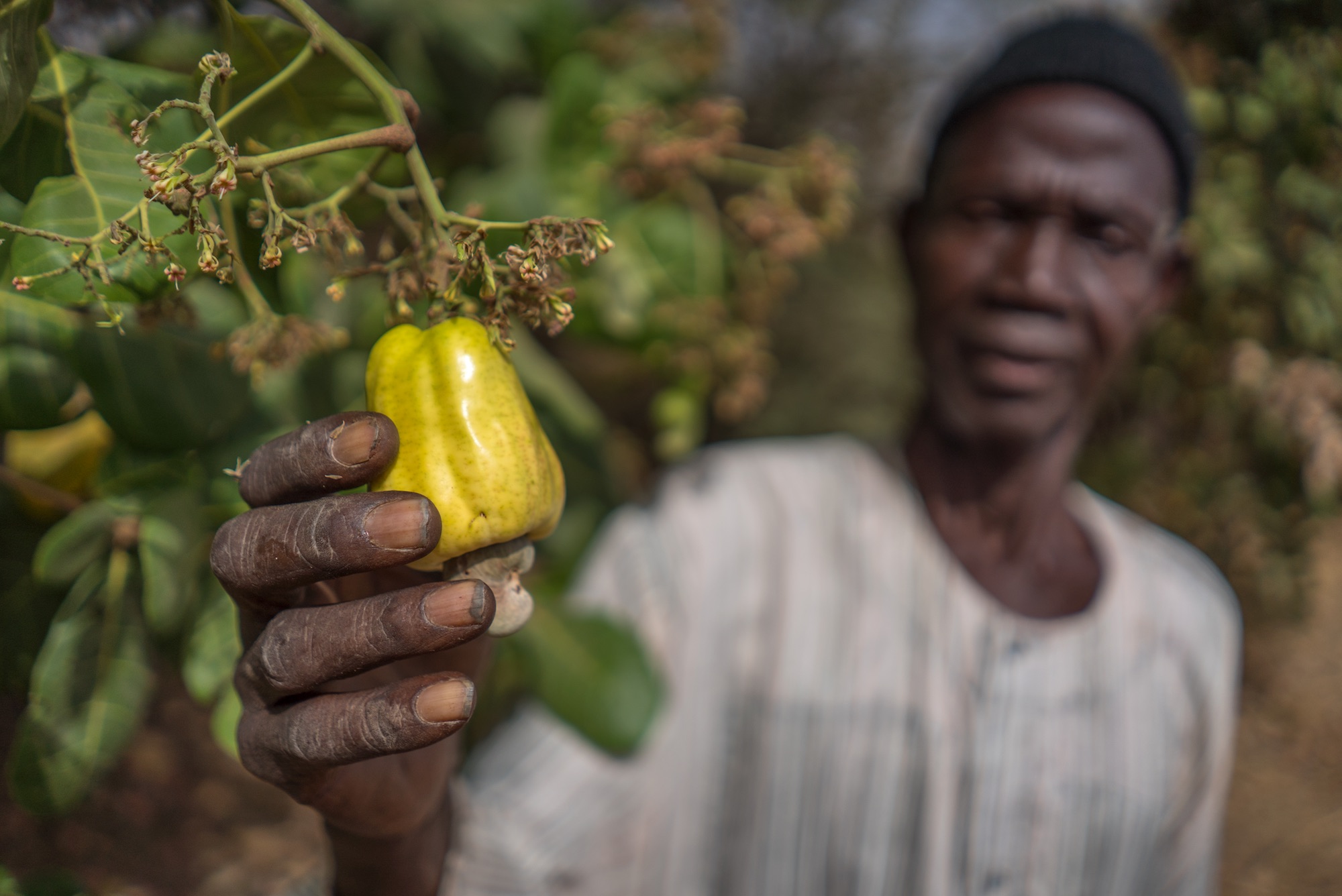
2. Trees protect the land
Trees protect the earth from soil erosion, fires, flooding, and wind. Forest Garden farmers use trees as fences, windbreaks, and barriers. They use a living fence technique which has proven especially useful in providing in creating a green wall to improve their soil, provide a boundary, keep livestock out, and absorb and redirect heavy rains.
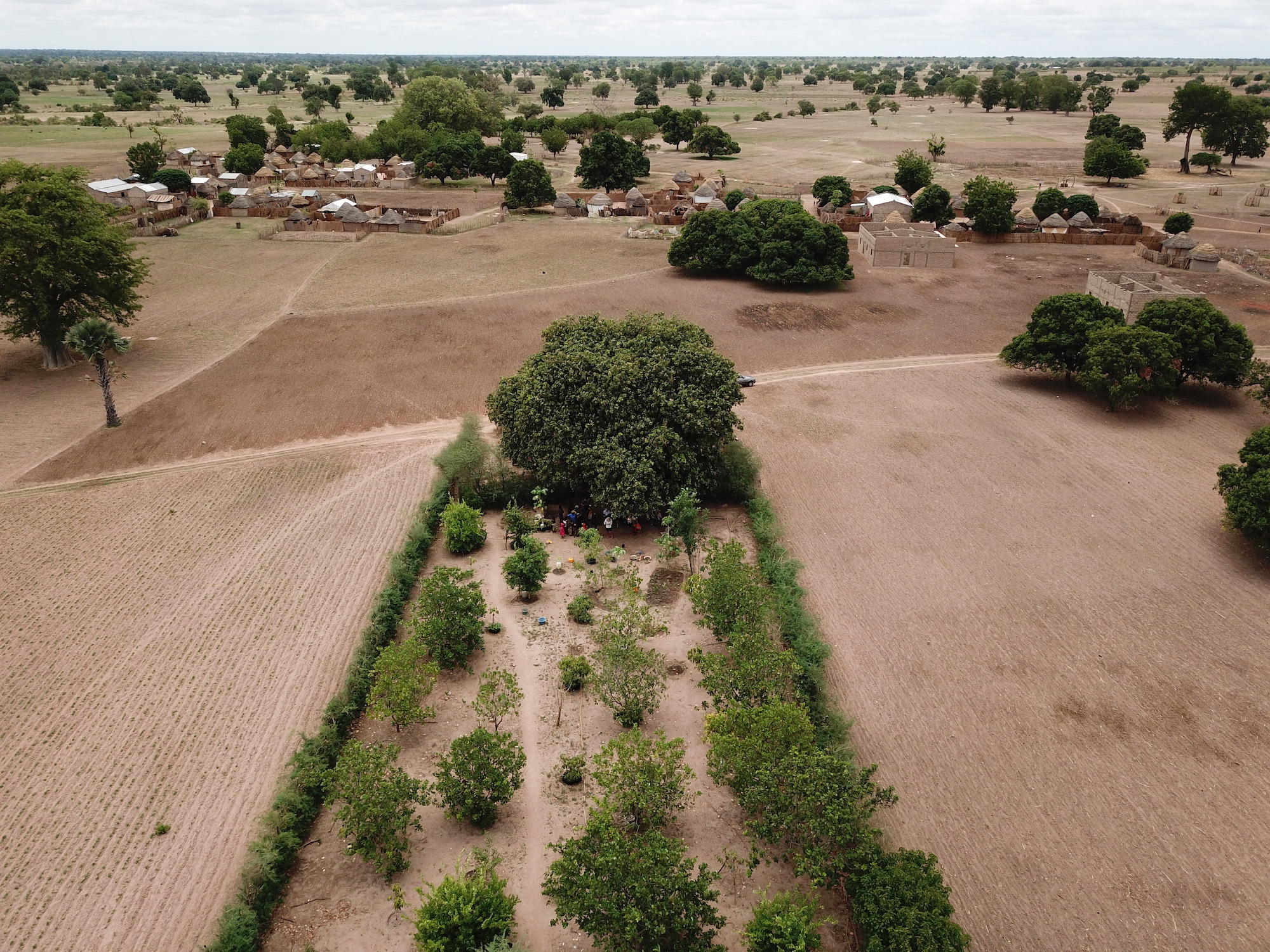
3. Trees help us breathe
Trees produce oxygen and clean carbon dioxide out of the air we breathe. Without trees, life could not continue. Trees have also proved to remove airborne particles from the air and reduce smog, thereby improving the air we breathe, and therefore, our respiratory health. The work trees do in improving the air quality is one of the most critical ways in which we benefit from trees.
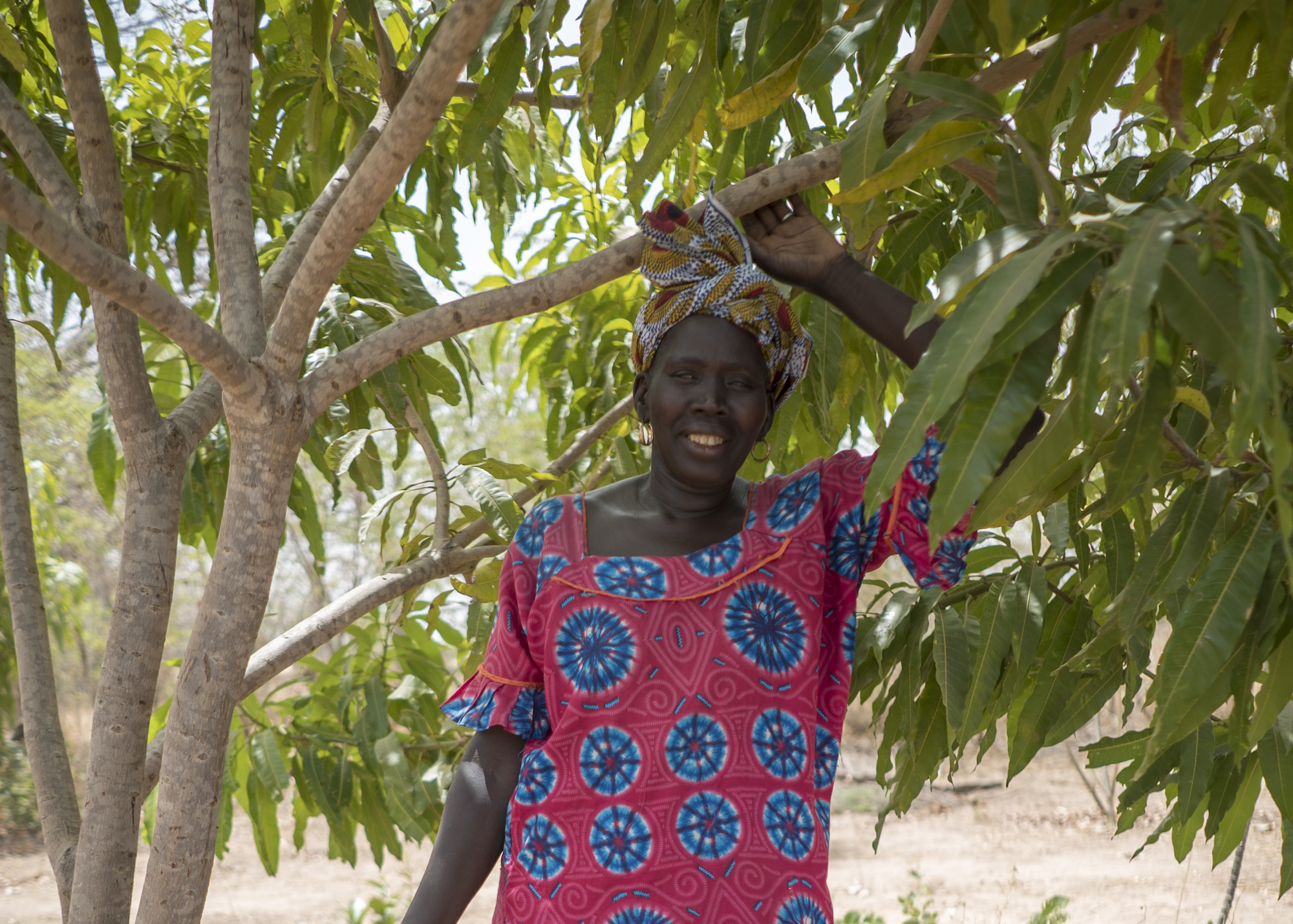
4. Trees provide shelter and shade
On a hot day, nothing is better than the shade of an old tree with an expansive canopy. Under a tree is often the location of Forest Garden farmer meetings and trainings. Trees act as nature’s air conditioner and help slow water evaporation from soil. Did you know that the evaporation from one tree can produce the cooling effect of ten room-size air conditioners running all day!
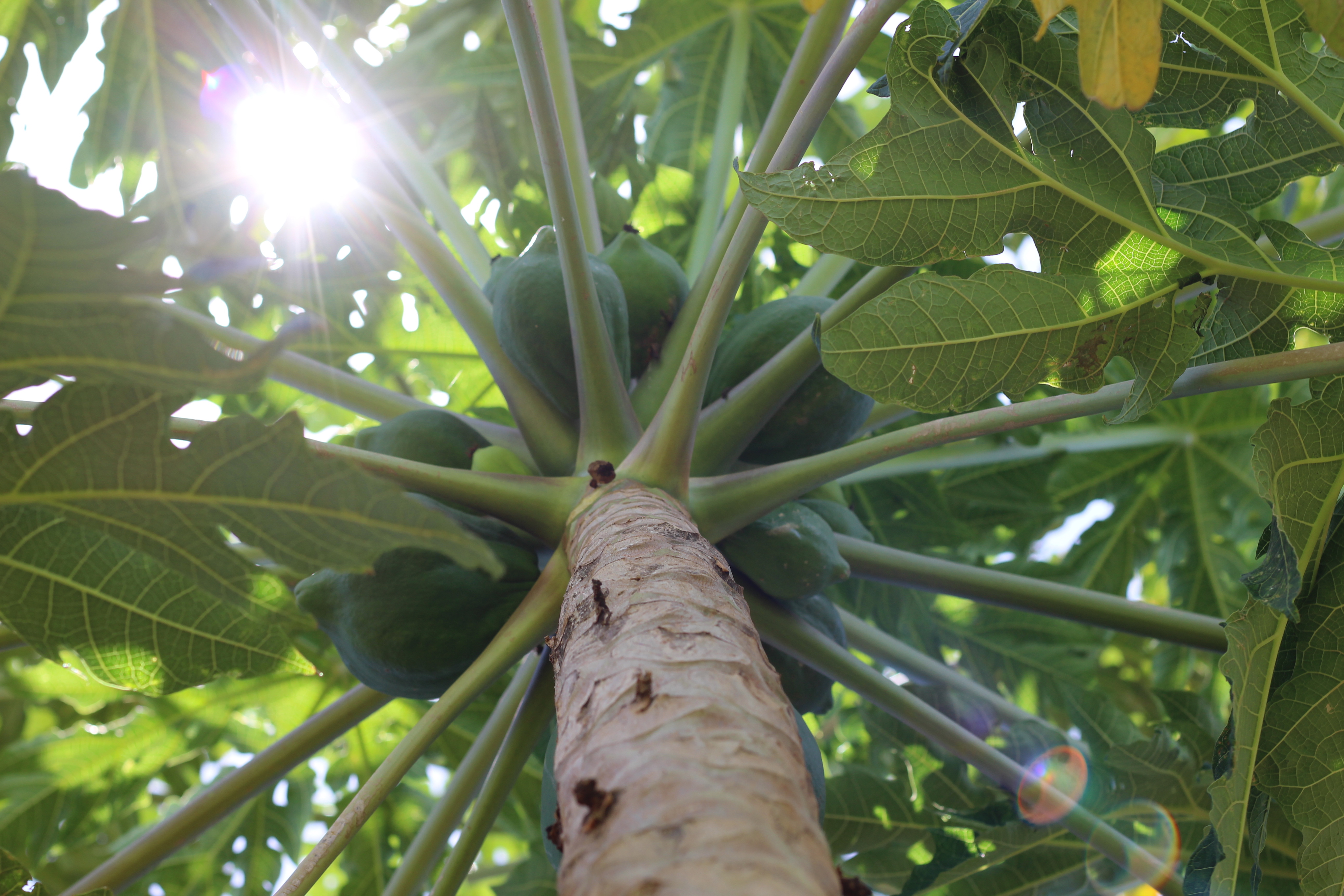
5. Trees are a natural playground
Where there is no playground, a tree provides a great place to climb and explore. This is particularly exciting in a world where technology can consume people’s attention. . Children can develop gross motor skills and learn to take risks while climbing trees. Adults can climb for fitness and strength building. Felled trees can become balance beams and a tall tree can provide a good hideout or lookout during play time.
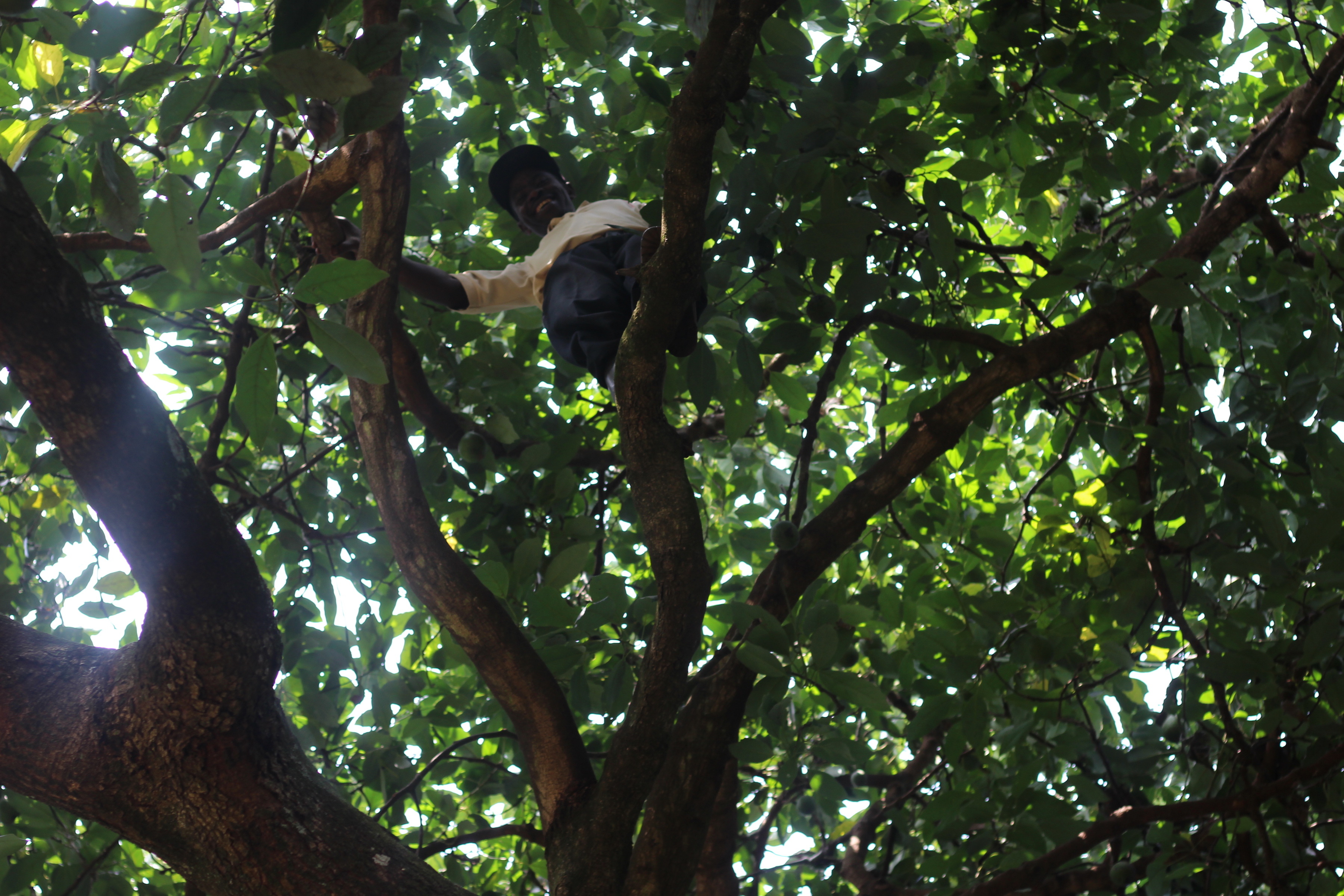
6. Trees encourage biodiversity
Many birds, animals, and insects call trees home. The various levels and canopies of trees provide a habitat to a diverse array of wildlife from the lower levels up to the very high canopies. Forest Garden farmers often also often use trees as a place to build hives to bring bees to their land to assist in pollination and to collect honey. We are currently losing species at an alarming rate so the space for biodiversity is critical as it helps keep our planet thriving.
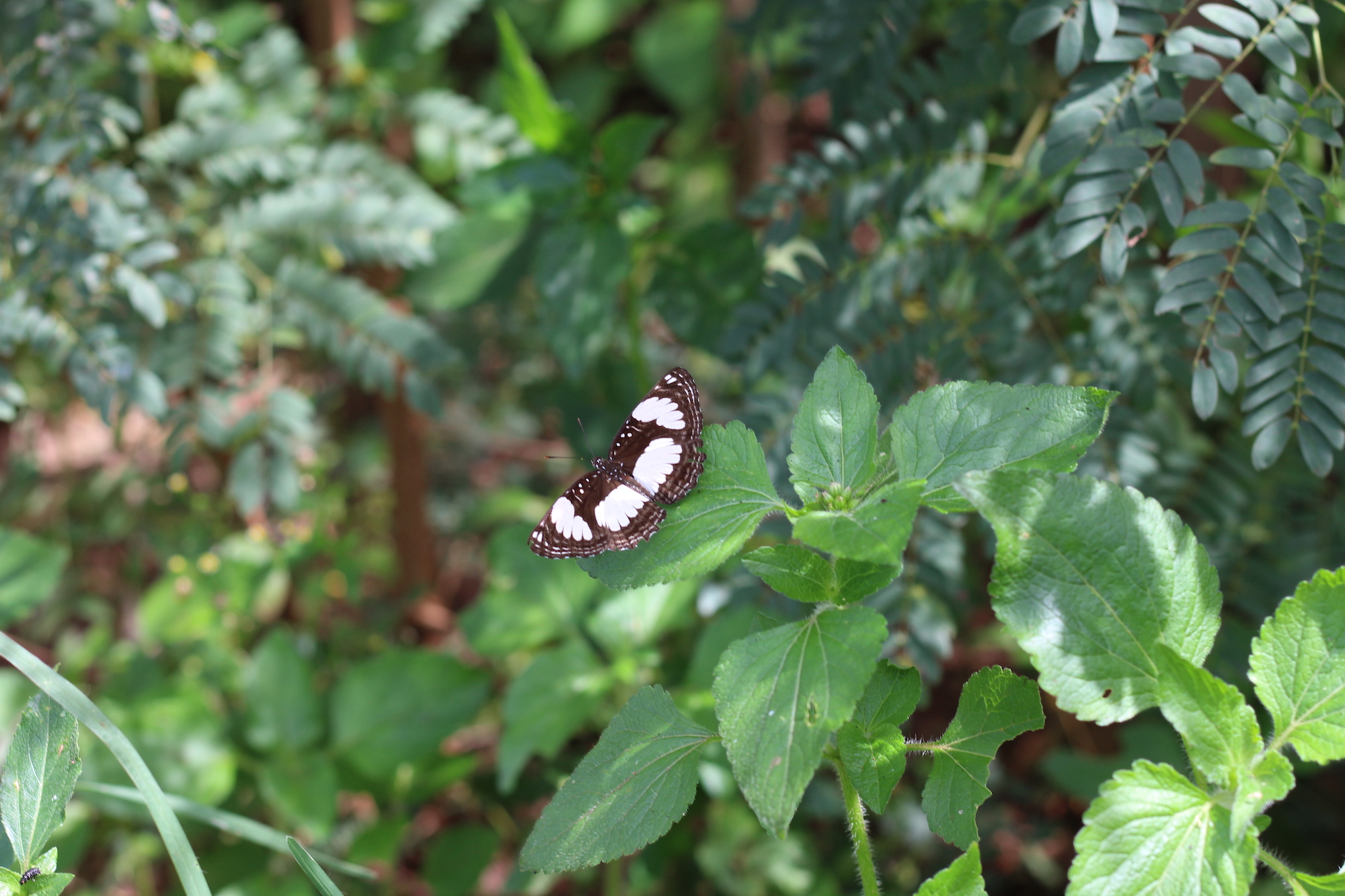
7. Trees provide sustainable wood
While alternative energy is ideal, the reality is that much of the word relies on wood to cook meals and boil water for purification. Where we work in Africa, approximately 80% of households rely on fuelwood and charcoal. While it can be argued that growing trees for fuel or wood competes with food production, in the Forest Garden model, the two can coexist and complement one another. This way, farmers are not increasing deforestation by cutting in the ancient forests. They can grow fast growing timber trees on their plot in a sustainable way.
8. Trees conserve water
Trees help filter and retain water in the soil. Furthermre, trees not only improve water quality, they also prevent stormwater and flooding issues that can occur. The roots break up soil to allow for the recharge of water tables.
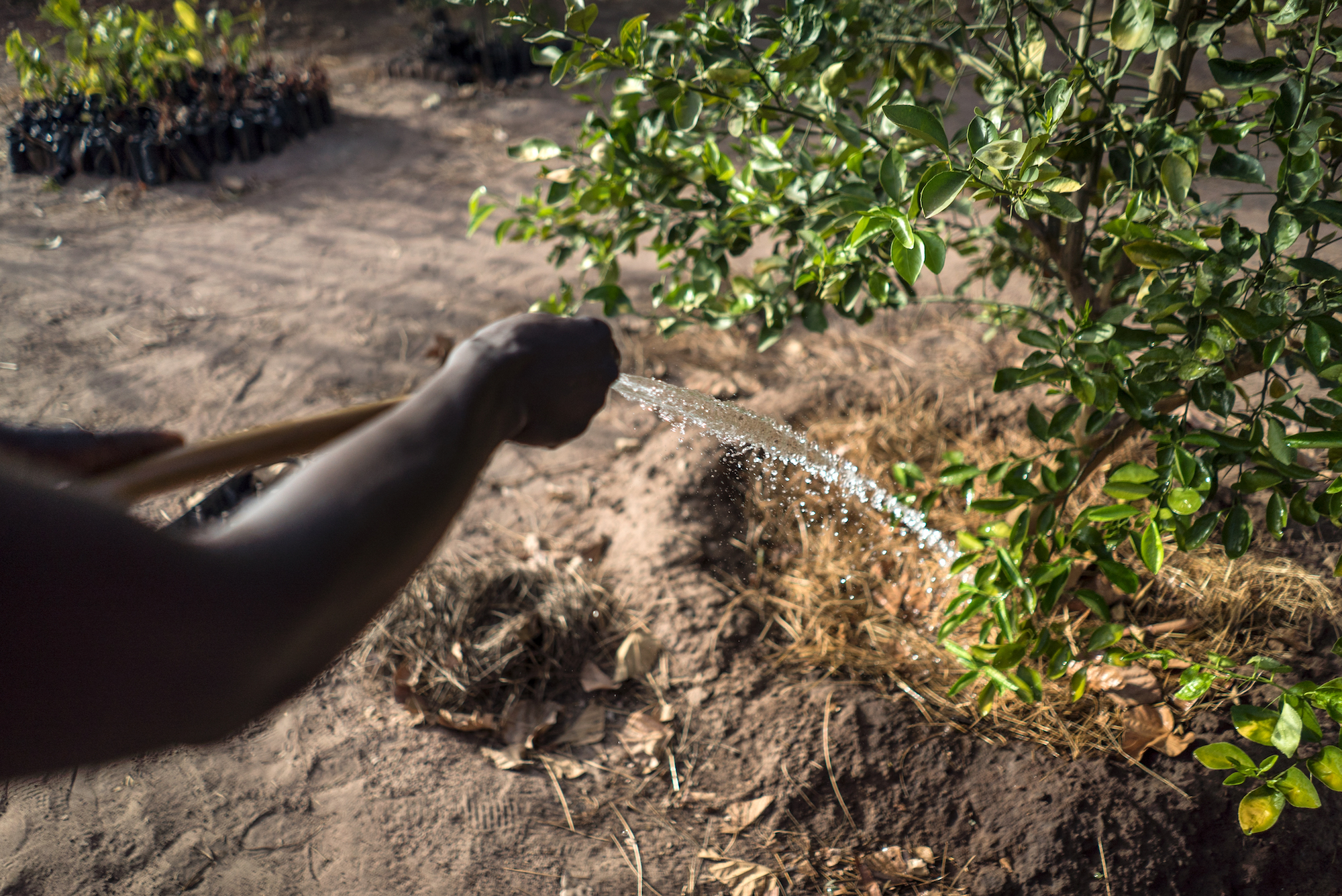
9. Trees improve mental health
Being among trees has real health benefits. Studies show that even looking at trees can calm us. The Japanese even have a word for this: Shirin-yoku, or forest bathing. Spending time in the forest is known to reduce stress, anger, and feelings of depression. While in English we do not have a specific word to express this experience, we do know that people who live in more densely wooded areas, even in urban settings with tree-lined streets, report better health than those who live in areas with sparse trees. The effects are not simply felt, they can even be measured by slowed heartbeats, lower blood pressure, and altered brain waves.
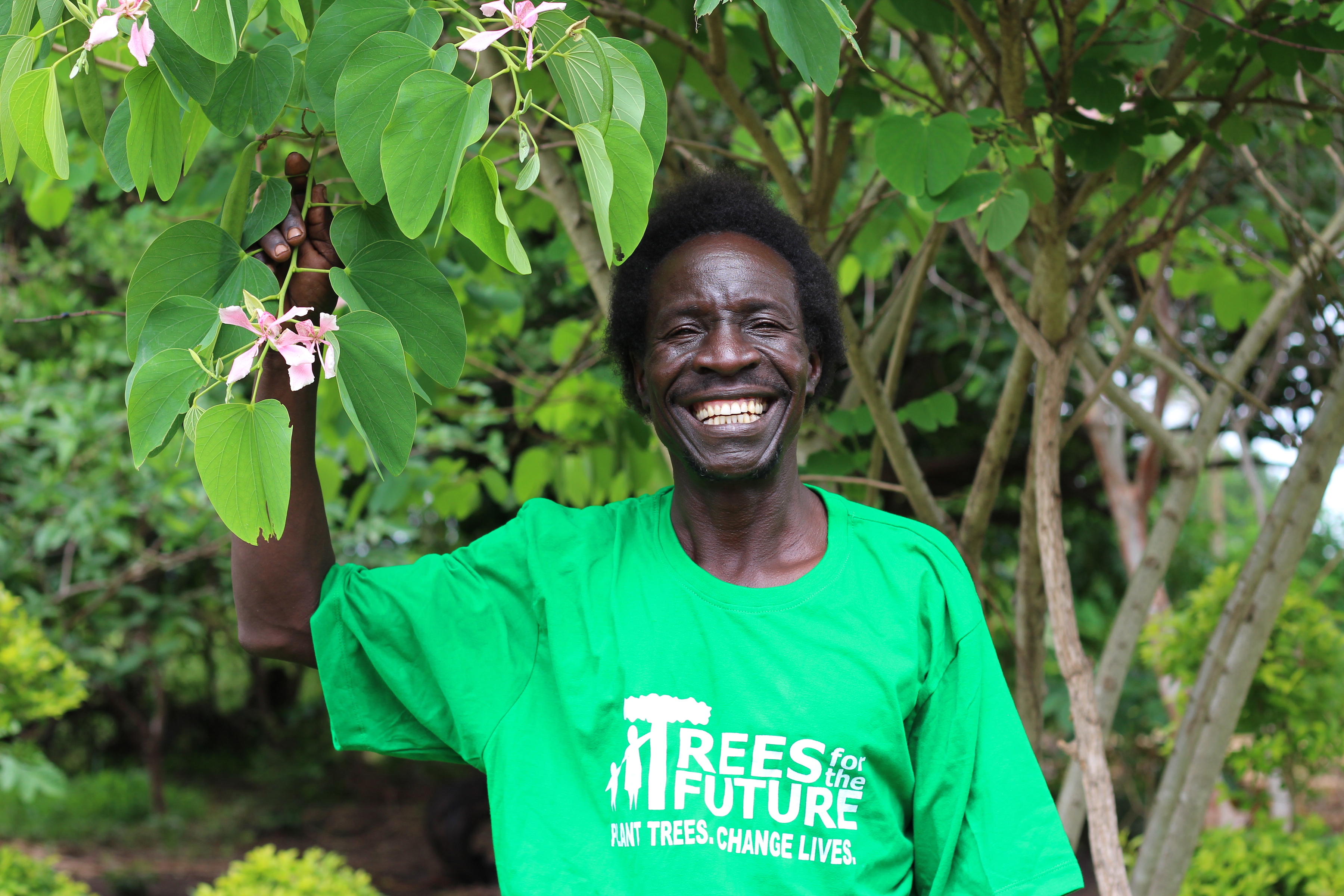
10. And there is so much more!
Trees have proven to be a source of medicines, foods, and materials, improving our planet and lives in immeasurable ways. That is why we are constantly discovering new ways that trees can benefit us. Research is uncovering complex and beneficial ways in which trees improve our planet and our lives. Without trees, we have no future.
